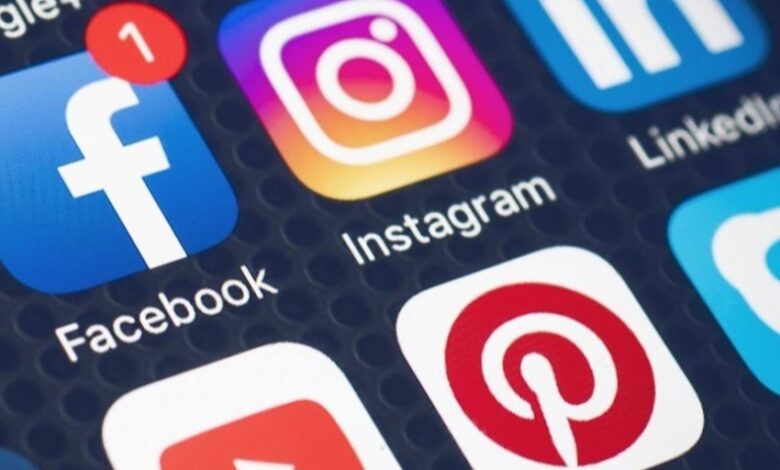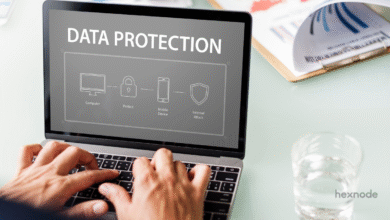Private Life on Display: How Social Media Exposes Our Secrets

You didn’t mean to tell the world about your breakup. Or your vacation. Or your medical scare last March. But you did. Maybe not in one post, but in a hundred tiny ways: a tagged location here, a smiling selfie there, a comment thread that spiraled into the personal. That’s the trap. Social media didn’t ask for your secrets outright—it coaxed them out, wrapped in likes, filters, and dopamine.
In 2023, over 4.9 billion people used social media worldwide. That’s over 60% of the planet. And with every scroll, like, and upload, bits and bytes of personal lives drift into digital permanence. You think you’re just sharing a memory? You’re also building a searchable, trackable, often public archive.
The Illusion of Control
You think you’re in charge. That privacy settings protect you. That you’re the gatekeeper of your digital footprint. But here’s the thing: social media platforms are not neutral. Their algorithms are not passive observers. They’re hungry—very hungry—for data.
You hide your birthday on Facebook, but tag your birthday dinner. You avoid listing your job title, but post a proud first-day selfie in front of the company logo. You “don’t talk politics” online, yet engage in comment wars during election season.
No shame. Just observation.
Even private accounts aren’t airtight. Screenshots leak. Friends reshare. Metadata tells a story. A 2022 Pew Research study showed that 79% of users are concerned about how their data is being used, yet only 27% actually read a platform’s privacy policy. Why? Because most policies are endless walls of legalese—intentionally unreadable, conveniently forgettable.
Oversharing Culture: A Digital Epidemic
We’re conditioned to overshare. There’s a reward system in place. More exposure means more attention. Attention is currency. The more personal, the more viral. “My dog just died” outperforms “It’s a sunny day.” Raw emotion generates clicks.
Clicks fuel the machine.
The machine keeps feeding.
Consider the “Story” feature—ephemeral posts designed to disappear in 24 hours. Harmless, right? But screenshots happen. And some platforms archive these stories on the backend, unseen but stored. You think it’s gone; it isn’t. That angry rant at 3 a.m., the drunken confession, the half-nude mirror shot—these digital echoes can resurface. They’re never truly lost.
And what happens when your content goes viral unintentionally? A joke misread. A friend tagged without permission. A background detail spotted by someone who knows too much. Welcome to the unintended consequences of casual exposure.
The Creeping Cost of Innocent Posts
“Nothing to hide” is a dangerous mantra. Privacy isn’t about secrecy—it’s about control. Who sees what, and when.
You post a photo of your child’s first day of school. Nice moment. But now someone knows their school name, their face, and possibly the street you live on.
Too much? Or just modern parenting?
Geotags, timestamps, visible reflections, open windows—these are breadcrumbs. A skilled observer, a data broker, even an AI scraping tool can reconstruct your daily routine. You have no idea how much bots know about us. But if you don’t want data to surface, it’s not enough to just stop posting relevant stories. You’ll also need a VPN for iOS or Android. Only by using VeePN app for Android security can you hide who you are and what you do online. VeePN kind of mixes your data with other data to confuse those trying to track you, and it really works.
Oh—and don’t forget that post from 2011. The one where you joked about skipping work. Employers don’t forget. Neither do insurance companies. Or immigration officials. Or stalkers. Or angry exes. Personal information exposure isn’t always about malice. Sometimes it’s about context. The wrong context, at the wrong time, to the wrong eyes.
Who Owns Your Secrets Now?
It’s not just what you post. It’s what others post about you. That tagged photo you hated? That party pic from college? That comment you didn’t write but got looped into? You’re a character in someone else’s story too.
Social media platforms thrive on this networked exposure. You don’t own your digital likeness once it’s online. Not entirely. Terms of service often grant platforms broad licenses. You post it—they can use it, sometimes forever. You may delete a post, but archived backups, cached copies, or third-party sites may preserve it.
It’s a hydra. Cut off one head—three more appear.
Strategies to Regain Control
You can’t unplug the internet. But you can reclaim parts of yourself. Try this:
- Audit your accounts. Go back. Way back. Delete. Hide. Archive.
- Always use a VPN. This can be a free Chrome app VPN or an iPhone app. All forms of VPN are quite capable of providing anonymity, but the main condition is from a trusted provider.
- Limit location sharing. Especially in real-time. Post after you’ve left, not while you’re there.
- Be careful with photos. Zoom in. What’s visible in the background? What data lives in the image metadata?
- Stop tagging others without permission. What’s harmless to you might be risky for them.
- Use aliases when possible. Especially for children or family members.
- Avoid quizzes. Those “Which 90s Cartoons Are You?” games often harvest sensitive info.
Most importantly: before you post, ask—Is this for public consumption? Or just a moment I want to remember?
The New Privacy Equation
Privacy used to be default. Now, exposure is default—and privacy, if you want it, takes work. Conscious work.
Posting less doesn’t mean caring less. It means curating.
The best-kept lives today? They’re not invisible. They’re just strategically seen.
As the saying goes, if you’re not paying for the product, you are the product. Your memories. Your moments. Your mistakes. They’re currency.
Spend wisely.
Social media privacy isn’t paranoia—it’s preservation. You don’t need to disappear. Just don’t broadcast your entire blueprint. Some secrets are worth keeping. Especially from the machine.




